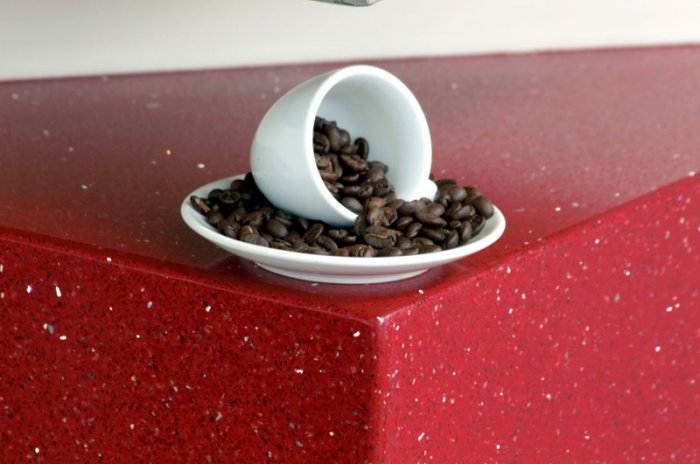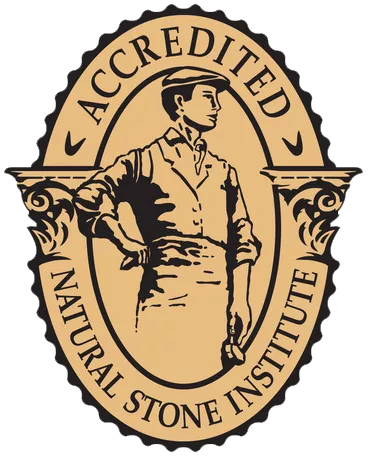The Definitive Guide To Engineered Quartz

Engineered quartz has been increasing in popularity, in North America, in the last few years for a variety of reasons. It’s highly durable, requires fairly low maintenance, and is available in a variety of solid colours and palettes that can better compliment some aesthetic visions in comparison to natural stone. If you’re trying to create a certain “look” or a coordination of colours that typically is not found in mother-nature – engineered quartz is a good bet.
Quartz is also being produced in patterns resembling certain marbles and limestones. The properties of marble or limestone, unlike those of granite, make them less popular kitchen choices, where clients want to maintain a shiny finish. Quartz, imitating the look of marble or limestone, provides a potential alternative.
Not to be confused with natural quartzite, quartz slabs are fabricated through a process that mixes approximately 93 percent ground natural stone aggregates principally quartz with the remainder 7% polymer resins by weight and moulded into slabs using a patented “vibrocompression vacuum process.’
Although quartz is not appropriate for outdoor use, there are some other benefits to the artificial stone. Due to its fabrication process, quartz is not porous like natural stone, and doesn’t need periodic re-sealing like marble or granite. As a result, good quartz countertops can be almost bacteria free and are resistant to staining by most cooking oils, liquids, or household cleaners.
With this said, both materials will provide you with a highly beautiful and functional product. When it comes down to it, the selection between quartz and granite is primarily a personal preference, the choice is yours!
All stone products have grown in popularity in the last two decades, and the price of popularity is that there is a lot of unclear and inaccurate information tossed around on these materials. We look forward to helping you make your choices.
Mike Holmes wrote an informative piece in the National Post back in 2012 on this. You can check it out here.
Questions? Comments? Contact us or Request a Quote on your granite, marble, or quartz stone project.






